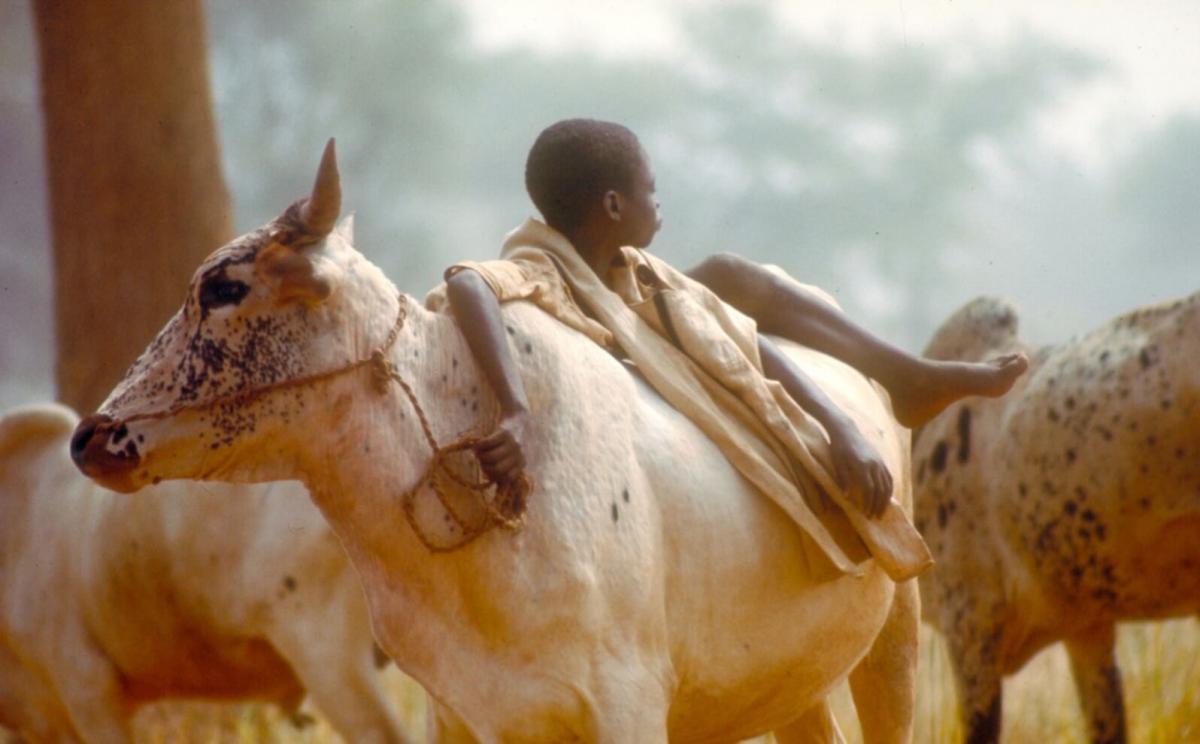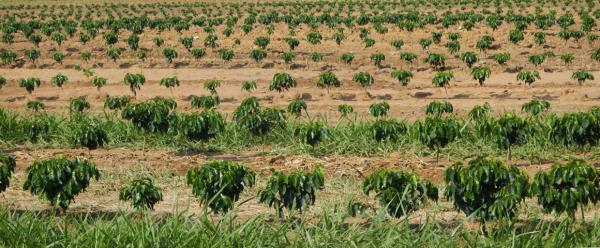- Home
- Press area
- Press releases
- One Health and emerging diseases
One Health | Surveillance of emerging animal diseases

75% of emerging infectious diseases in humans come from animals © D. Louppe, CIRAD
Through current examples, such as Ebola, H5N8 avian influenza and African swine fever, but also lesser known diseases that may present a risk of emergence in humans, such as Usutu and Middle East respiratory syndrome, this press kit underlines the need to simultaneously consider human, animal and environmental health, within a “One Health ” approach.
The pandemic caused by SARS-CoV-2 has served as a reminder that 75 % of emerging infectious diseases in humans come from animals. The viruses and bacteria that affect animals can therefore have direct impacts on human health. And when animal epidemics do not directly impact human health, the loss of livestock, income or protein intake can reduce the quality of life for people who depend on livestock farming activities. Finally, antibiotic resistance – the development of bacteria resistant to antibiotics, mainly due to the misuse of antibiotics in livestock farming and aquaculture – is a silent but underestimated threat.
This press kit provides a panorama of the major animal health issues, their consequences for human populations, and possible courses of action within an integrated approach to health . In the final part, experts from CIRAD answer some of the most frequently asked cross-cutting questions.
Highlighting the clear linkages between animal health and human activities, and the interactions between livestock production, environmental management and epidemic risk, the press kit concludes by stressing the need to change our perception of the living world and to rethink our agricultural and food production systems.
Contents of the press kit
Interview with Thierry Lefrançois, Department Director at CIRAD and member of the COVID-19 Scientific Council
The animal epidemics that decimate livestock throughout the world
- African swine fever: a global invasion
- Peste des petits ruminants: aiming for eradication by 2030
- Influenza, viral strains that are constantly mutating
Emerging or re-emerging zoonoses, diseases that pass from animals to humans
> The animal reservoirs of viruses that can be transmitted to humans
- The dromedary camel, a reservoir of MERS-CoV, a coronavirus, in Africa and the Arabian Peninsula
- The importance of vaccinating dogs, carriers of rabies
- Tracking the viruses that circulate in different bat species: Ebola, coronavirus, Nipah
> The insect vectors of diseases in humans and animals: vector-borne diseases
- Crimean-Congo haemorrhagic fever, a disease transmitted by the tick Hyalomma marginatum
- Rift Valley fever, a disease transmitted by mosquitoes of six genera and direct contact
- Focus on three Flaviviruses transmitted by mosquitoes of the genus Culex : West Nile fever, Usutu and Japanese encephalitis
Antibiotic resistance: a global threat
How can we improve health for all? Can we prevent rather than cure? Questions/answers with our experts
- What are the linkages between environmental degradation, biodiversity loss and the emergence of infectious diseases in animals and humans?
- At what points are human-animal contacts close and do they carry risks of disease transmission?
- Can we prevent or monitor the emergence or re-emergence of diseases?
- How can “parasite” pressure be reduced? Can a disease be eradicated?
- How can health be improved for all people?


























.jpg)